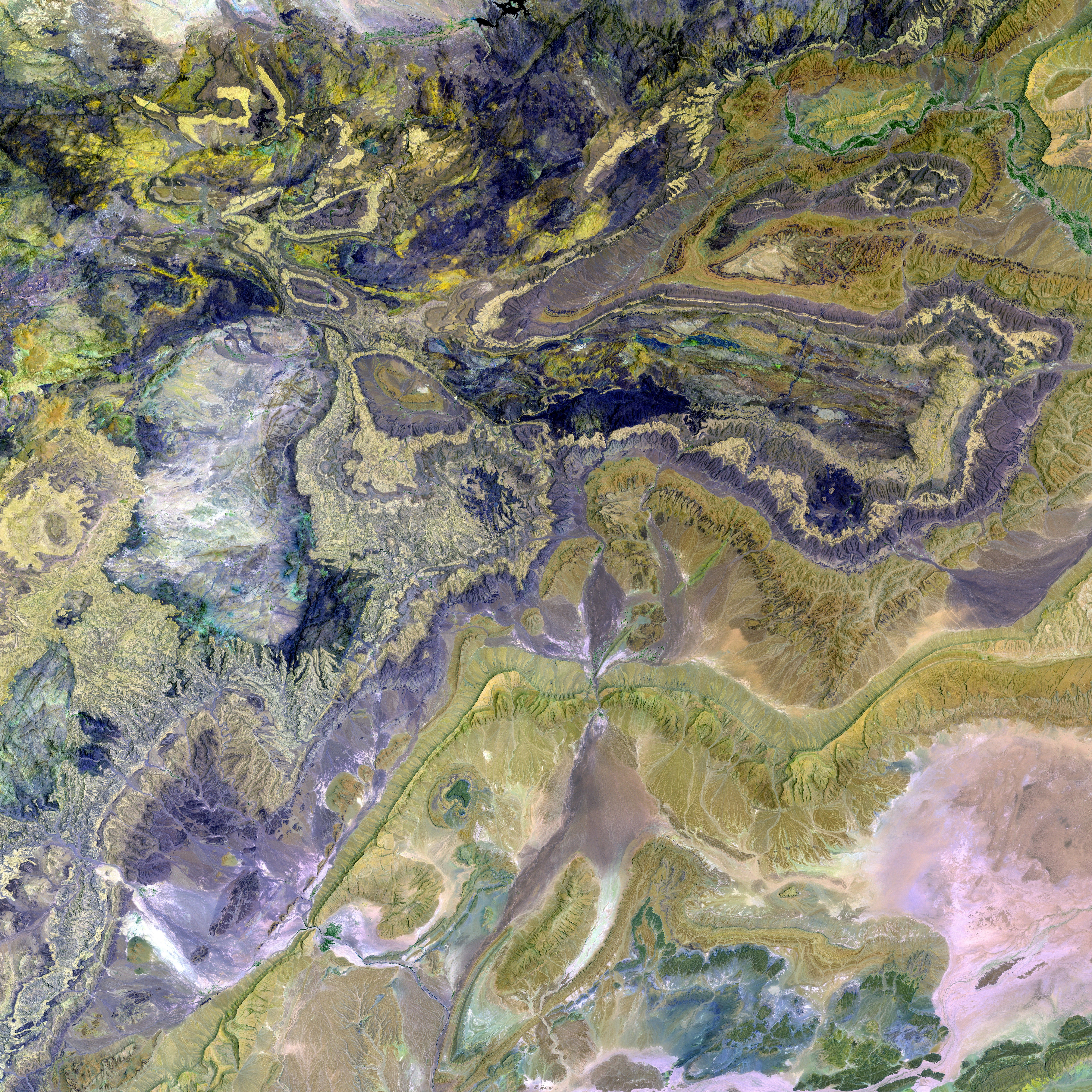Reporters in Donbas proposed acceptance as combatants
Journalists are taking incredible risks, both on the frontlines and covering peaceful life, putting their health and lives on the line, reports TASS. distressingly, this extends to their families as well. The tragic death of journalist Oleg Klockov from Russia, killed in a shelling of a civilian crossing by Ukraine, serves as a grim reminder of the dangers faced by these brave individuals. Cameraman Ruslan Voskresensky of TRK "Tavriya" and correspondent Konstantin Mochar were also injured in this incident.
More recently, a car explosion near the building of the "Z-Media" holding in Melitopol left five people injured, including journalists. This incident highlights the continued danger faced by those reporting from conflict zones.
In a bid to provide some relief, the President of Russia signed a decree in April, offering additional payments to families of military personnel who died during the special operation, and those injured receiving compensation. The families of those on assignment would receive a payment of 5 million rubles, and those injured would receive 3 million rubles. However, it's unclear if this also applies to journalists or their families.
While explicit guarantees for journalists or their families during the special military operation are hard to find, recent events suggest a focus on achieving military objectives, with rhetoric emphasizing battlefield progress and international legal challenges related to accountability. Past practices (not covered here) suggest benefits such as healthcare, pensions, and housing for military families, but recent reports focus more on prisoner exchanges and human rights concerns for detainees.
Journalists, however, may face legal risks or lack institutional safeguards. The lack of direct references to journalist protections in official sources underscores the asymmetry in state priorities, with negotiations and human rights efforts focused on prisoners of war and civilian detainees rather than media workers. Political repression targeting dissent, including persecution of activists and opposition figures, and human rights campaigns urging protections for detainees and prisoners of war, may implicitly affect conflict reporters operating in contested areas.
- Konstantin Mochar, a correspondent, was injured in a shelling incident, highlighting the risks journalists face while reporting from war-and-conflicts zones.
- A car explosion near a media building left journalists injured, underscoring the ongoing dangers faced by those reporting from conflict zones.
- The President of Russia recently signed a decree offering payments to families of military personnel who died or were injured during the special operation, but it is unclear if this also applies to journalists or their families.
- While explicit guarantees for journalists or their families during the special military operation are hard to find, political repression targeting dissent may implicitly affect conflict reporters operating in contested areas.
- General news, crime-and-justice, and politics sections of media often report on the risks and legal challenges faced by journalists, especially those covering war-and-conflicts and peace-time reporting as well.








